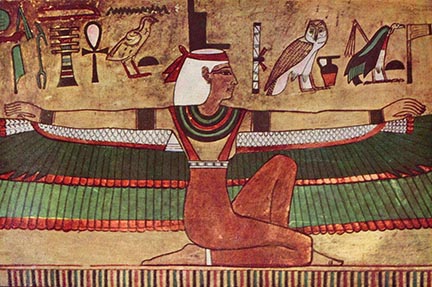
Conservative backlash against President Obama, which has not ceased from the first day he was elected, has stooped so low as to claim, a la former Mayor Giuliani, that the President does not love his country. Apparently for Giuliani, the Rush-Limbaugh to judgment is that only Republicans, perhaps even certain kinds of Republicans, can love their country. This seems to be a case of misplaced tough love; Giuliani finds it tough to love someone he disagrees with. I suppose it also depends on what country there is to be loved. The country of Giuliani’s imagination is not very loving. The CIA torture authorized illegally and committed during the Bush era is not something I love. I don’t think Thomas Jefferson or Thomas Paine would have loved it either, if you want to get colonial about it. On Monday the New York Times took the courageous step of joining the call for criminal charges to be brought against former Vice-President Dick Cheney and those who caused, directly and indirectly, not only torture of innocent victims but death. Do I love the fact, and it is a fact, that my country violated not only its own moral principles but also the international protocol on torture? No. Does this mean I do not love my country? No. Love, tough love, is not about denial; love is about admitting mistakes and justice.
No one is calling for a firing squad. The NYT makes it clear that the issue is about not sweeping illegal acts under the rug. Continue reading Love is not Denial







